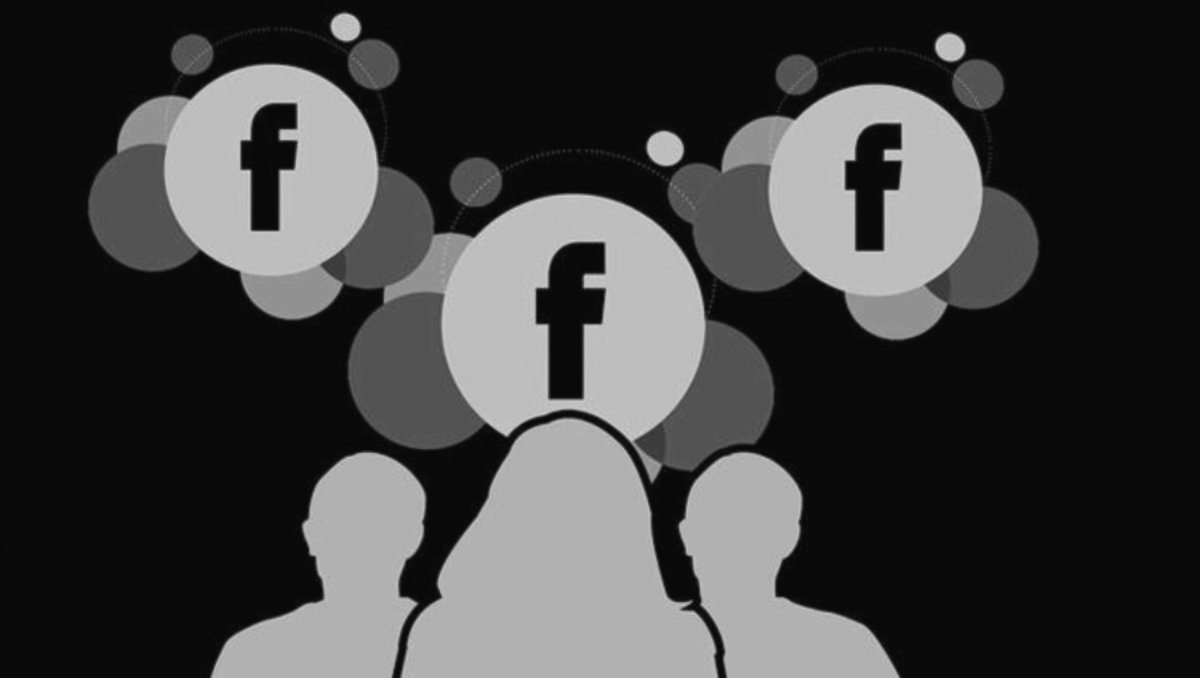This weekteam η Wall Street Journal reported a change to Facebook's algorithm that has been in place since 2018 that "rewarded outrage," according to internal Facebook memos.
But the Wall Street Journal also reported that the memos showed "that CEO Mark Zuckerberg resisted the proposed fixes" and that the internal memos "offer a glimpse into how much Facebook knows about the flaws in platform and how he often does not want to fix them.”
In the fall of 2018, Jonah Peretti, CEO of BuzzFeed, sent an email to a senior Facebook Inc. executive.
The email said in a nutshell that the more divisive content publishers posted, the more viral it became on the Facebook platform, creating an incentive to produce more similar content.
Mr Peretti blamed a major Facebook update on his News Feed algorithm the 2018 to boost "substantial social interactions," or MSI (from meaningful social interactions), between friends and relatives, according to internal Facebook notes searched by the Wall Street Journal.
Facebook CEO Mark Zuckerberg said at the time that the goal of changing the algorithm was to strengthen links between users and improve their experience.
Facebook with the new algorithm would encourage its members to interact more with their friends and family and spend less time passively on other content, which according to a research was harmful to their mental health.
Within the company, however, officials warned that the change had the opposite effect, according to documents held by the WSJ.
The algorithm made the Facebook platform a very angry place. The company's researchers discovered that publishers and political parties were representing them publications them into new ones with angry content.
This tactic produced high levels of comments and reactions that naturally translate into success on Facebook.
"Our approach has had unhealthy side effects on important pieces of public content, such as politics and the news," wrote a group of data scientists, referring to Mr Peretti's complaints.
The scientists concluded that the algorithm for the News Feed made the angry posts much more visible.
"Misinformation, toxicity and violent content are rampant," the researchers said in internal notes.
Mark Zuckerberg resisted some of the proposed fixes, the documents show, as he worried they could hurt the company's other goal - to get users more involved with Facebook.





